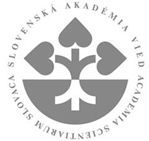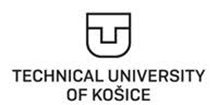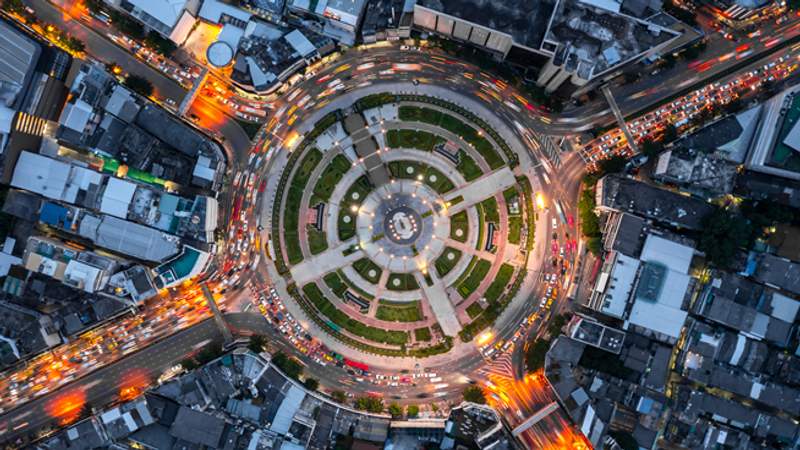| Timeline | From October 2024 to 30 September 2025 |
|---|---|
| Theme | Urban Futures |
| Countries | Slovakia |
| Funded by | NWO |
Vulnerable groups at the margins of societies in Europe, such as Roma people, often live in informal settlements, where they are excluded from access to safe drinking water, sanitation, and waste management. Understanding the extent of related high health risk and providing assistance through targeted interventions are complicated by the invisibility of this group and the inaccessibility of reliable, up-to-date information.
We aim to improve the acquisition of information on water insecurity and related health risks among Roma communities and develop an innovative assessment system that integrates social, medical, geoinformation, and earth observation science methods.
Publications
Anthonj, C., Dadrass Javan, F., Ihnacik, L., Blišťaň, P., Papajova, I., 2024. Strengthening water and health security in Europe’s marginalized communities through integrated social, geographical, medical and technological approaches (HealthyWatersIntegrated). Newsletter Working Group Medical Geography 2(2024), 8-10.
Anthonj, C., Setty, K.S., Ezbakhe, F., Manga, M., Hoeser, C., 2020. A systematic review of water, sanitation, hygiene and environmental health among Roma communities in Europe: Situation analysis, cultural context, and obstacles to improvement. Int J Hyg Env Health 226 (113506). https://doi.org/10.1016/j.ijheh.2020.113506
Anthonj, C., Stanglow, S., Flacke, J., Dadrass Javan, F., Ihnacik, L. Strengthening water and health security in Europe’s marginalized communities, presented at 20th International Medical Geography Symposium in Atlanta, Georgia, US, 15-19 July 2024.
Team members
- Farzaneh Dadrass Javan (University of Twente, The Netherlands)
- Lukáš Ihnacik (Slovak Academy of Sciences and University of Veterinary Medicine and Pharmacy in Košice, Slovakia)
- Peter Blišťaň (Technical University of Kosice, Slovakia)
- Ingrid Papajova (Slovak Academy of Sciences in Košice, Slovakia)
Our collaborators
ITC Faculty | Slovak Academy of Sciences | University of Veterinary Medicine and Pharmacy Kosice | Technical University of Kosice |
|---|---|---|---|
|
|
|
|







